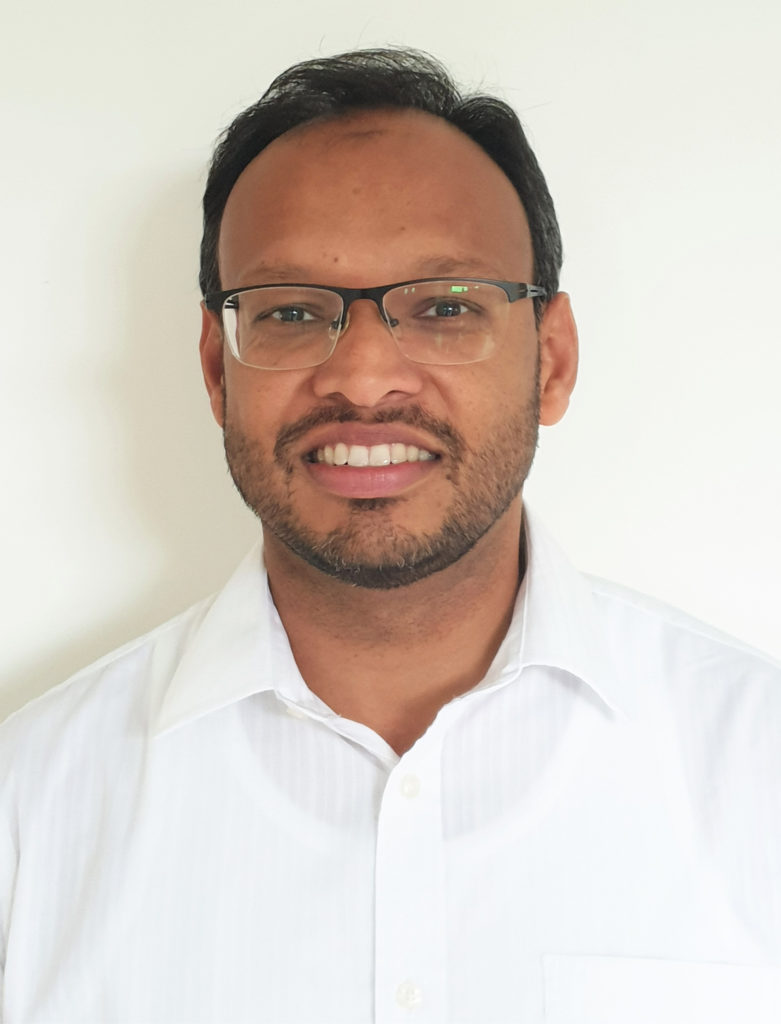Nikhil Bansal to join CSE as Patrick C. Fischer Professor of Theoretical Computer Science

Nikhil Bansal has joined the Computer Science and Engineering Division at the University of Michigan as the first Patrick C. Fischer Professor of Theoretical Computer Science, beginning Fall 2021. The Fischer professorship was established in 2012 to recognize an outstanding senior faculty member in the field of theoretical computer science.
Most recently, Bansal has been a researcher at CWI, Amsterdam and a professor at the Eindhoven University of Technology. His research focuses on the design and analysis of algorithms, and he has worked in related areas such as discrete mathematics, machine learning, combinatorial optimization, and complexity. He has received several best paper awards for his work, and has seven US patents. Currently, he is on the editorial boards of Journal of the ACM and Theory of Computing.
“We are very pleased that Nikhil Bansal will be joining CSE,” said Michael Wellman, CSE Chair. “This continues our successful hiring trend in theory, following the recent recruitments of Greg Bodwin, Mahdi Cheraghchi, Euiwoong Lee, and Thatchaphol Saranurak.”
Recently, Bansal has worked on the issue of uncertainty and intractability in real-world applications and algorithmic approaches to dealing with it. He uses high-dimensional geometric and probabilistic approaches to designing algorithms and some of his notable works include understanding the algorithmic aspects of discrepancy and algorithms for the k-server problem.
As an educator, Bansal has taught a number of courses at varying difficulty levels, including linear algebra, graphs and algorithms, advanced semidefinite programming, algorithms beyond worst case, and randomized algorithms. He has advised or co-advised thirteen PhD students and postdoctoral researchers, and mentored a number of master’s theses and undergraduate interns. Bansal obtained his PhD from Carnegie Mellon University in 2003, and worked at the IBM T.J. Watson Research Center until 2011, where he also managed the Algorithms group.
About the Patrick C. Fischer Professorship
Dr. Charlotte F. Fischer endowed the Patrick C. Fischer Professorship in Theoretical Computer Science in 2012 in the name of her late husband, Dr. Patrick C. Fischer. An expert in computational complexity, interactive database systems, and information systems for educational institutions, Patrick Fischer’s contributions helped to establish theoretical computer science as a discipline separate from mathematics and electrical engineering. His work helped to make Internet searches possible.
Patrick Fischer grew up in Ann Arbor, where his father taught math at the University of Michigan. He attended Michigan and earned a BS in Mathematics in 1957 and an MBA in Actuarial Science in 1958. He received his PhD in Mathematics from the Massachusetts Institute of Technology with a thesis on the subject of recursion theory. Fischer taught at Harvard, Cornell, Waterloo, Pennsylvania State University, and Vanderbilt University, also serving as Chair at the latter three schools.
Dr. Charlotte F. Fischer is an applied mathematician and computer scientist who gained world recognition for the development and implementation of the Multi-Configurational Hartree-Fock approach to atomic-structure calculations and for her theoretical prediction concerning the existence of the negative calcium ion. For this last accomplishment, she was elected to the grade of Fellow of the American Physical Society.
Dr. Fischer earned a BA degree, with honors, in Mathematics and Chemistry and an MA degree in Applied Mathematics from the University of British Columbia in 1952 and 1954, respectively. She then obtained her PhD in Applied Mathematics and Computing at Cambridge University in 1957. She has held research positions at Harvard, the University of British Columbia, and Vanderbilt University, where she is now an emerita research professor of computer science.
 MENU
MENU